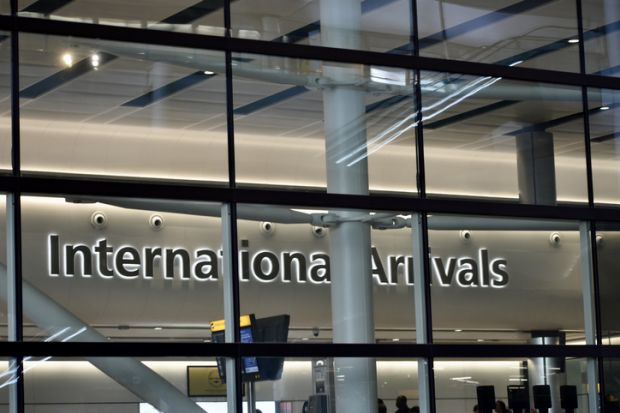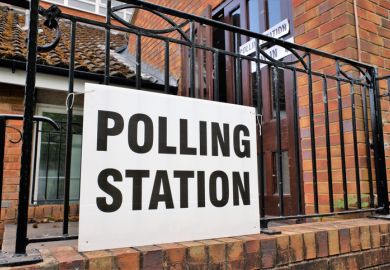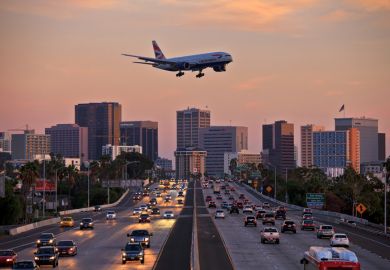The UK government has announced a further “crackdown” on student visas including new measures targeting “rogue” recruitment agents and “tougher compliance standards” for institutions but has stopped short of making changes to the graduate route.
The Home Office said the visa – which allows overseas graduates to stay for between two and three years after studying – would be kept under review owing to concerns it was “not attracting the highest earners who contribute to our economy”.
News that it will remain in place at least until after the UK general election that is planned for 4 July will come as a relief to universities who had feared further changes could wreak untold financial damage on a sector that is increasingly reliant on international fees to survive.
Proposals that are being put forward by the government include:
- Further regulation of international student recruitment including a new mandatory framework for universities that use recruitment agents
- Institutions that accept international students “who then fail to pass our visa checks, enrol or complete their courses, will risk losing their sponsor licence”
- Students will be expected to meet higher requirements to prove their financial self-sufficiency
- Restrictions on remote delivery to “ensure all overseas students are predominantly undertaking face-to-face courses”.
The Home Office said the “package of robust measures” was intended to ensure the “UK’s world-leading higher education sector is used for education, not as a gateway to immigration” and “options to go further” remain under consideration.
Many of the changes reflect the recommendations of the government-commissioned review conducted by the Migration Advisory Committee that was published last week.
This flagged “poor practices” by recruitment agents who were said to be exploiting student and graduate visa holders by mis-selling UK higher education.
“Since migrants on the student route transition directly to the graduate route, immediate action is necessary,” the Home Office said.
The latest developments come after figures published by the Office for National Statistics showed a drop in net migration of 10 per cent in 2022, including a steep fall in international student numbers.
University applications from overseas have been hit by changes that prevent master’s students bringing dependants with them, with the latest figures only reflecting the beginning of the fall which is expected to amount to cuts of up to 50 per cent in many institutions’ annual intakes.
The home secretary, James Cleverly, said applications for visas were falling sharply but there was still a need to go further to “make sure our immigration routes aren’t abused”.
“That’s why we are cracking down on rogue international agents and, building on work across government, to ensure international students are coming here to study, not work,” he added.
Gillian Keegan, the education secretary who has reportedly been arguing against further changes, said she was “proud that British universities have a fantastic reputation both at home and abroad, and it is testament to the quality of education they offer that so many people aspire to study in this country”.
“It is right that we strike the balance between controlling immigration and making sure the UK remains the ‘go to’ place for students around the world, supporting our brilliant universities and enabling the best and brightest to study here,” she added.
In announcing the changes, the government said it “remains committed” to the International Education Strategy which set a target of 600,000 international students coming to the country by 2030, a milestone that has already been reached.
Vivienne Stern, the chief executive of Universities UK, said the news on the graduate visa was a “huge relief” as she promised universities will work diligently with the government on the other measures announced in order to “ensure we maintain a high level of trust and confidence in the way universities recruit and support international students”.
“It is in all our interests that we do so, given the enormous value that international students bring to the whole of the UK, and not just to universities themselves,” Ms Stern added. “What we need now is a period of stability, and a shared commitment to delivering a stable and well managed international student landscape.”
Register to continue
Why register?
- Registration is free and only takes a moment
- Once registered, you can read 3 articles a month
- Sign up for our newsletter
Subscribe
Or subscribe for unlimited access to:
- Unlimited access to news, views, insights & reviews
- Digital editions
- Digital access to THE’s university and college rankings analysis
Already registered or a current subscriber? Login








